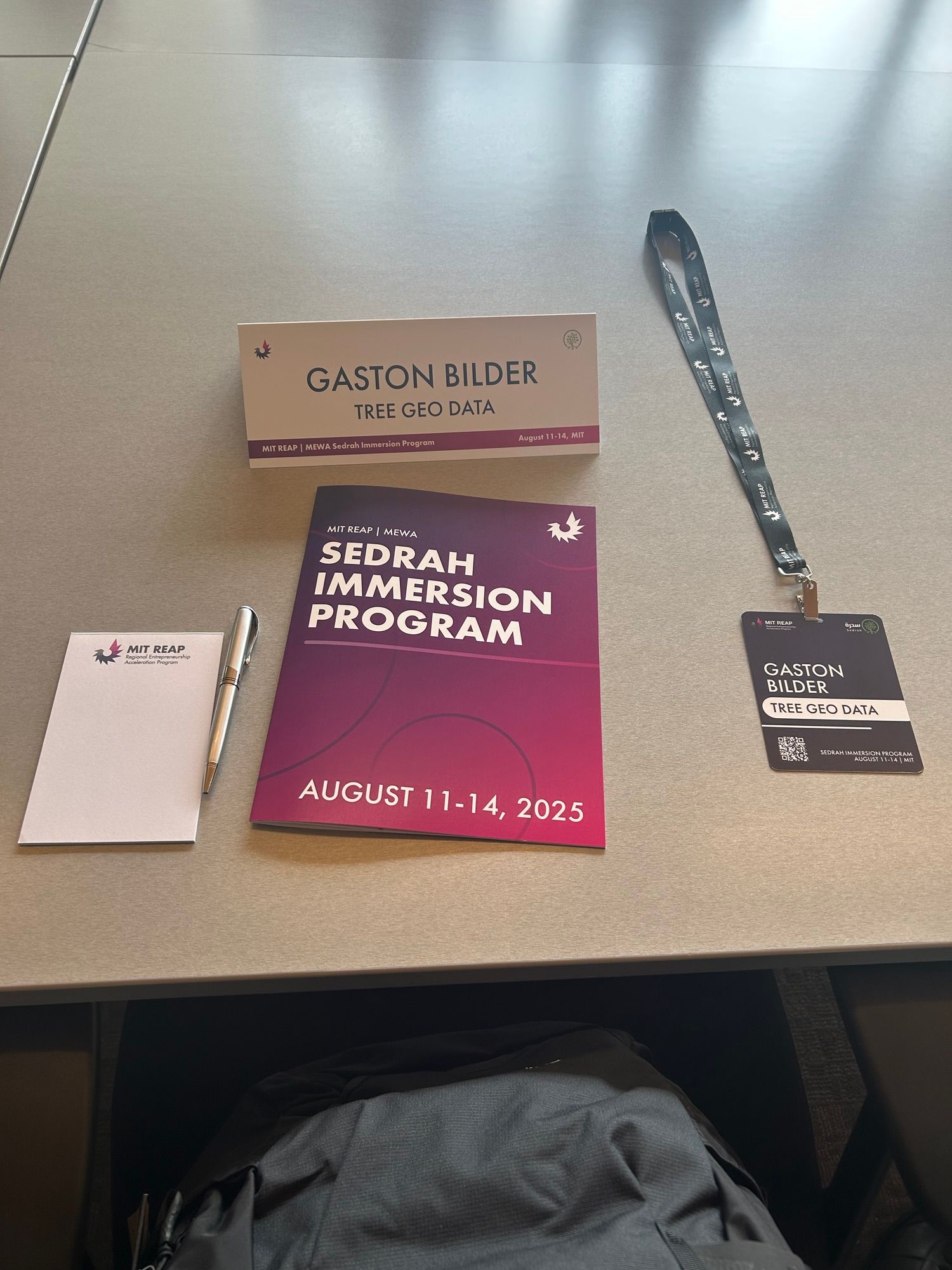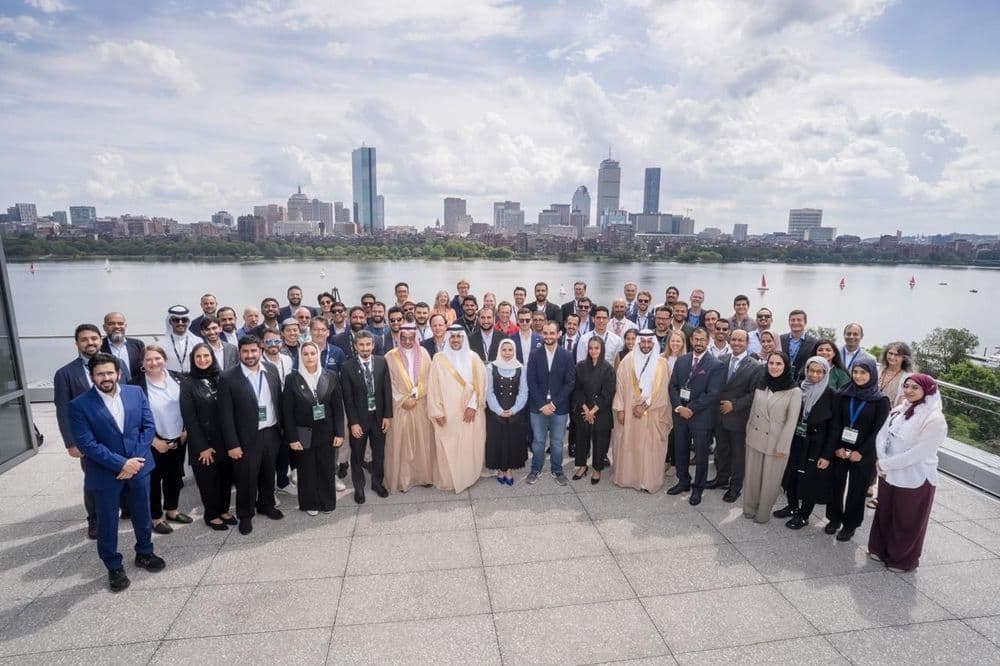Innovative Climate Solutions: Tree Geo Data's MIT REAP Insights
The intersection of global expertise and local impact has never been more critical in addressing climate challenges. Tree Geo Data recently participated in the MIT REAP (Regional Entrepreneurship Acceleration Program) in Boston. This exemplifies how cross-border collaboration accelerates climate tech innovation in the Middle East and beyond.
The Power of Ecosystem Collaboration
Tree Geo Data’s week-long engagement with MEWA (Ministry of Environment, Water and Agriculture) and MIT REAP was significant. It highlighted the transformative potential of interconnected innovation ecosystems. The engagement showcased how interconnected innovation ecosystems can change the landscape. This engagement revealed the importance of these ecosystems. These systems have great potential. The Boston experience showcased how institutions like MIT, Greentown Labs, and Cambridge Innovation Center create synergistic environments. Sustainable solutions emerge through strategic partnerships.
This ecosystem approach resonates particularly well with Tree Geo Data’s mission. The aim is to advance desert afforestation through AI-driven monitoring. They also focus on predictive modeling. Our company is focused on enhancing plant survival rates in arid regions. This focus aligns perfectly with the collaborative methodologies observed in Boston’s climate tech community.
Climate Tech as a Global Imperative
The program emphasized that climate technology transcends geographical boundaries. Leading investors and thought leaders demonstrated how deep tech solutions must scale globally to tackle environmental challenges effectively. For Tree Geo Data, this reinforces the company’s strategic positioning within Saudi Arabia’s Vision 2030 initiative. This plan aims to plant 600 million trees. It also helps keep a broader regional impact.
The global perspective gained from MIT REAP enhances Tree Geo Data’s approach to digital Monitoring, Reporting, and Verification (dMRV) systems. Improved project outcomes through technology-driven approaches represent universal solutions applicable across diverse climatic conditions.

Community-Driven Climate Innovation
Undoubtedly, the most significant insight from the Boston experience was the emphasis on community engagement and shared mission alignment. Tree Geo Data interacted with founders, professors, and governmental authorities. They also engaged with VCs and industry partners. These interactions reinforced the importance of collaborative networks in driving meaningful environmental impact.
This community-centric approach mirrors Tree Geo Data’s existing partnerships. These partnerships include collaborations with AGQ Labs for soil assessments. They also collaborate with Saudi Desert Control for Liquefied Natural Clay ®. Additionally, there is integration withLiquidStar‘s Waypoint technology for micro data centers in desert environments.
Strategic Applications for Middle East Climate Tech
The MIT REAP experience revealed several strategic opportunities for partnership with Tree Geo Data:
AI Tools for Soil Analysis: Enhanced methodologies for real-time monitoring can improve desert afforestation success rates. They also support broader agricultural applications across arid regions.
Arabic-Language Agricultural Solutions: Developing localized applications for agronomists addresses specific regional needs while maintaining global technological standards.
MENA Regional Climate Tech Collaboration: Building partnerships within the Middle East ecosystem should accelerate sustainable innovation and knowledge transfer.


Expanding Impact Through Innovation
Tree Geo Data returns from Boston with expanded partnerships and fresh momentum. The company’s commitment to climate innovation in the Middle East takes on renewed significance. The integration of global insights merged with local expertise positions Tree Geo Data to tackle critical environmental challenges. This also supports economic diversification through sustainable technology.
The journey initiated in Boston signifies more than “knowledge exchange.” It embodies the collaborative spirit necessary to address climate change. This is achieved through innovative, data-driven solutions. Tree Geo Data’s continued focus on AI-enhanced afforestation, biodiversity conservation, and ecosystem restoration reflects the global imperative for climate-resilient development.
Call to Action
For organizations interested in climate tech collaboration, soil analysis innovation, or Arabic-language agricultural solutions, Tree Geo Data’s expanded network offers new opportunities. Their network provides new prospects. Their enhanced capabilities create meaningful environmental impact in the Middle East and beyond.
